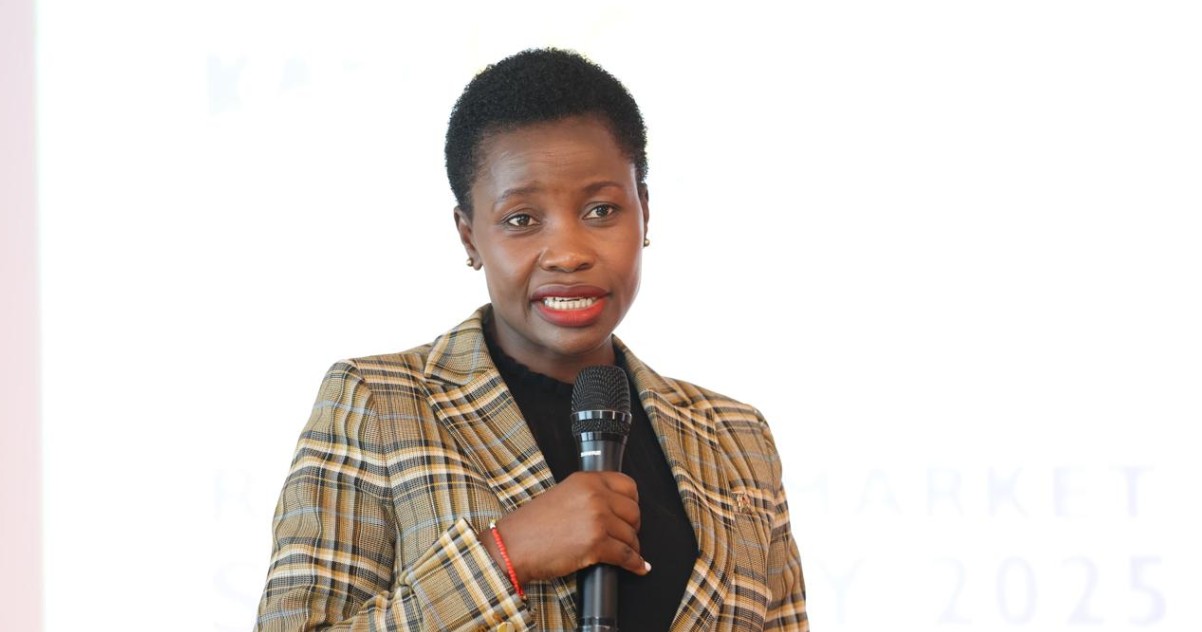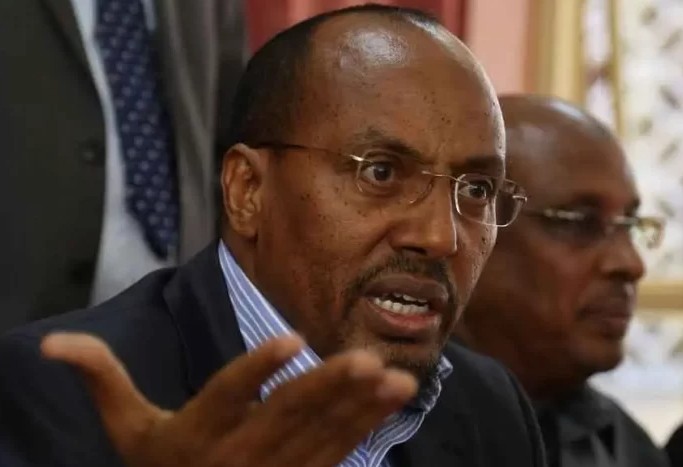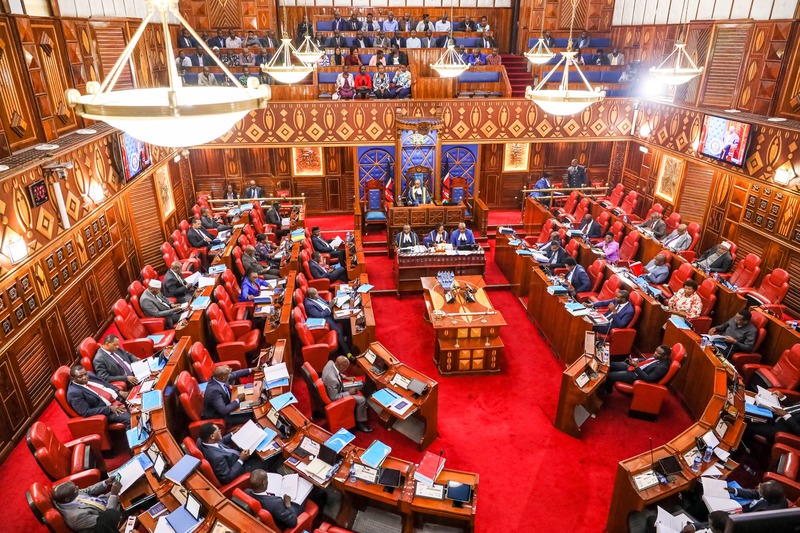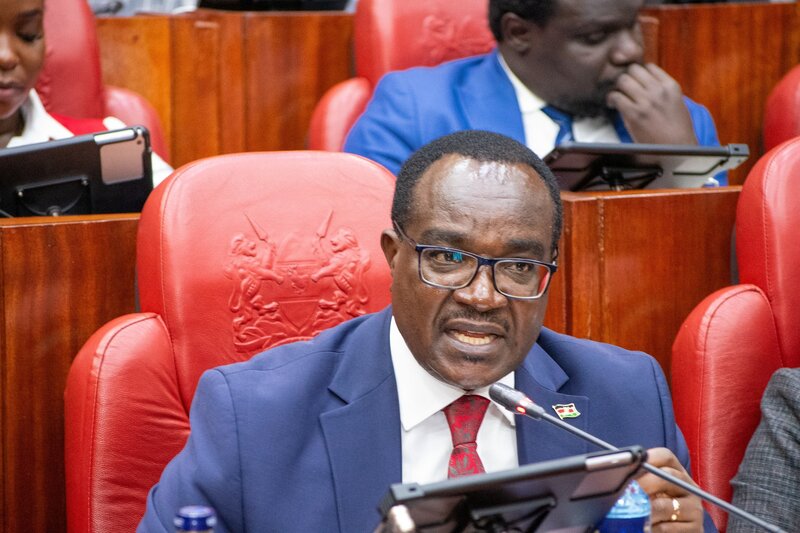PS Susan Mang’eni denies Hustler Fund misuse, reports Sh4.8 billion savings

According to the Auditor General’s report, of the Sh22.96 billion allocated to the Hustler Fund in the 2022/2023 budget, only Sh12 billion was spent.
The State Department for Micro, Small and Medium Enterprises (MSMEs) has defended the Sh8 billion allocated for Hustler Fund savings support, insisting it was never withdrawn from the National Treasury, even as Parliament questioned why the funds remain unaccounted for.
Principal Secretary Susan Mang’eni on Thursday said the money was reserved for matching long-term savings and had not been requested at the time because the product was still under development.
More To Read
- MPs back move to amend finance law to align audit timelines with Constitution
- State agencies, counties owe Kenya Power Sh4.67 billion in unpaid bills - Auditor General
- MPs push for urgent funding boost for Auditor General’s office
- SMEs sound alarm over rising failure rates amid investment gaps
- Audit flags leadership vacuum at Garissa University since 2022
- Auditor General calls for penalties on officers who ignore audit recommendations
“Contrary to reports appearing in some media, the Sh8 billion in question, which had been allocated as counterpart funding to match the long-term savings of the Hustler Fund, was NOT drawn down from the National Treasury,” said Mang’eni in a statement.
Mang’eni added that the product was finalised and the first matching of savings carried out during the fund’s first anniversary on November 30, 2023.
According to the Auditor General’s report, of the Sh22.96 billion allocated to the Hustler Fund in the 2022/2023 budget, only Sh12 billion was spent.
Appearing before the National Assembly’s Public Accounts Committee on Wednesday, Cooperatives Principal Secretary Patrick Kilemi admitted that while Sh20 billion had been allocated to the Hustler Fund, only Sh12 billion was requested and transferred.
“No request was made for the remaining Sh8 billion, hence the under-absorption,” Kilemi said.
Kilemi attributed the confusion to transition issues, explaining that the State Department for MSMEs had not yet been fully integrated, forcing the Cooperatives Department to temporarily manage the fund.
“I was tasked to initiate the process of the Hustler Fund as the State Department for MSMEs was getting established,” he said.
However, the committee, chaired by Butere MP Tindi Mwale, faulted Kilemi for failing to account for the Sh8 billion.
“You cannot pass the buck by saying the officer failed to submit a request,” Mwale said, warning that the responsibility rested with the principal secretary. Other lawmakers, including Funyula MP Wilberforce Oundo and Aldai MP Marianne Kitany, also accused Kilemi of negligence.
PS Mang’eni said the Fund was still young during the audit period, and it would have been wasteful to withdraw the money without a ready product.
“It would have been imprudent for the Fund to draw down the money only to idle in the commercial banks,” she said.
The PS confirmed that her department will provide the Public Accounts Committee with the requested documents within the two-week deadline.
She also said the Hustler Fund has continued to grow, reaching over 26 million Kenyans with Sh71 billion disbursed across personal, group and bridge loan products. So far, the Fund has mobilised Sh4.8 billion in both voluntary and mandatory savings.
Mang’eni added that the Fund’s behavioural credit rating system, which now tracks borrower reliability, has shown strong performance among users. “Already, over 4.5 million beneficiaries out of the 9 million repeat customers are scoring within A and B grades, demonstrating good creditworthiness,” she said.
She noted that the Fund’s bridge product, introduced last year, is being upgraded into a 30-day term loan with higher limits, allowing disciplined borrowers to gain experience and move into the formal banking system.
“We want to assure Kenyans that the Fund remains committed to its objective and purpose of deepening financial and credit inclusion among the most vulnerable segments of the economy,” she said
Top Stories Today












































